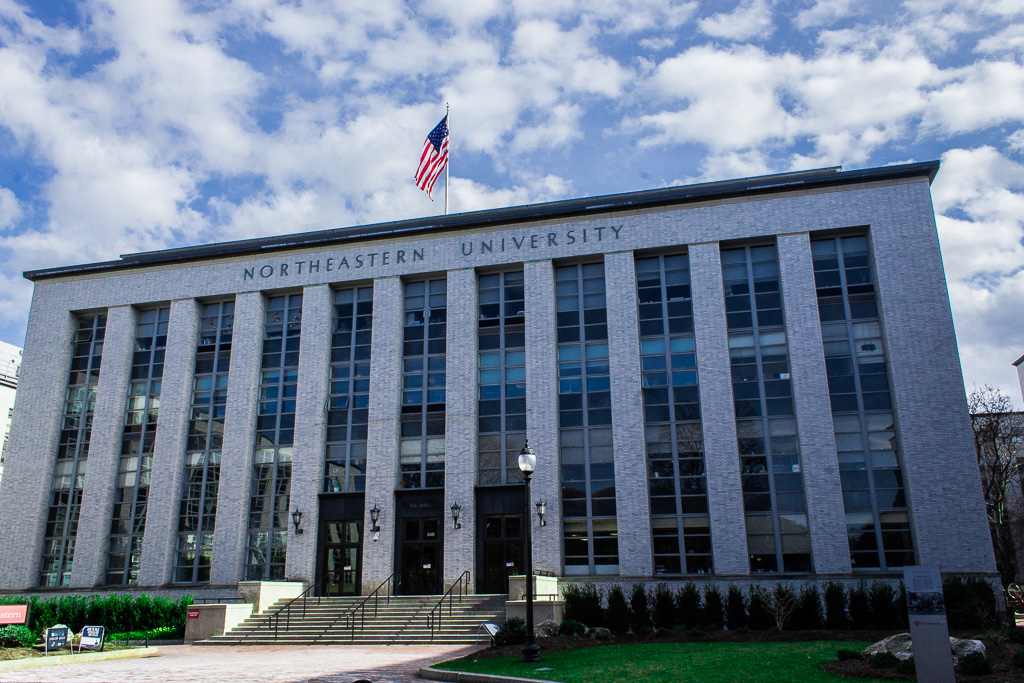Letter from the Editor
I first encountered Professor Kimberly Jones very early on in my time at Northeastern. I was an office assistant in the International Affairs Department during the fall of my freshman year, and, for four hours each week, worked around the corner from her. At the time, I had no idea that she had taken over as the faculty advisor for the Political Review at a time when our future was uncertain. She always gave me a smile before she went into her office hours to meet with the first student in a line of many, to talk about papers and projects on international conflicts that seemed wildly advanced to my younger self. She was a quiet, strong presence in the office, but removed from me. She taught juniors and seniors, and as a freshman, that seemed eons away.
This semester, two years since I worked in the International Affairs Department (it hasn’t felt like two years, let alone eons), it was my turn to take Conflicts and Negotiations with Professor Jones, and tackle those same papers and projects that once seemed so distant. On the first day of class, Professor Jones only briefly introduced herself before having us pair up and introduce each other to the class. From the first day, she expressed an immense respect and consideration for each of her students, letting us finish our sometimes long, excited, half-formed thoughts before responding thoughtfully to each point we brought up. For someone whose resolution is to “be a better listener” every new year, I was thrilled to see that Professor Jones would be teaching me more than just International Affairs.
Professor Jones taught with a level of encouragement, patience, kindness, empathy, and intelligence that the content of the course demanded, but made very difficult. In almost every class this September, as we began to study genocide, terrorism, and war, she reminded us not to forget our humanity—that “humans are at the center of everything.” Before she’d say it, she would smile and acknowledge that while it seemed obvious, it was important to remind ourselves this as we learned about seemingly incomprehensible six-digit death tolls. She was, and remains, right.
I still had a great deal to learn from Professor Jones. We all did. Her insights were made even more valuable by her patience and genuine desire to help students. During a lecture on how the international community responded to the Rwandan genocide, Professor Jones began to say “Western influence” but stopped herself and said “external influence” instead. She continued on without explanation and for the rest of the lecture, I wondered what her reasoning was. After class, I asked her why she had chosen not to use “Western influence.” She explained that, in the context, it was not necessary to use locational words like “Western.” When we do so without thinking, she told me, we center, and by extension prioritize, certain people and places, reinforcing hierarchies in our minds. She exemplified an idea that she had taught us in a previous lecture: that what we call things is a choice.
Professor Jones emphasized choice in every context. What words we use is a choice. Conflict is a choice. How we respond to conflict is a choice. Whether we remember the humans at the center of it all is also a choice. This emphasis instilled accountability and responsibility, as well as hope, in every lesson.
I am very grateful for the short time I was fortunate to call Kimberly Jones my professor, and honored to continue to lead the Political Review with her lessons bearing heavily on my mind. Her lessons, inspirations, and character will continue to endure with all of us who had the privilege to know her and learn from her.
Warmly and in deepest sympathy,
Elena Kuran
Editor-in-Chief
The NUPR will be publishing a dedication for Professor Jones in our print magazine, including anecdotes and tributes from those who were impacted by her. Please send submissions to Elena (nupreic@gmail.com) by Tuesday November 6th, 2018.



